MS013 - Error Estimation and Adaptivity Based On Hdiv/H1 Duality
Keywords: A posteriori erro estimation, H1/Hdiv Duality, Hp adaptivity, Prager-Synge Theorem
Extensive research has been done in the context of error estimation and adaptivity to improve approximation quality with reduced computational cost. Yet, there is still room for improvements towards robust and reliable a-posteriori error estimators. For a wide range of discrete boundary value problems, the Prager-Synge (PS) Theorem[1] can be used to predict upper bounds for the estimated error[2]. When applied to H1 methods, an equilibrated flux usually needs to be reconstructed. When applied to Hdiv methods, the flux obtained is already equilibrated, so the potential must be properly constructed.
The aim of this mini-symposium is to unite researchers focused on error estimation and adaptivity based on Hdiv/H1 duality. The event will provide a platform for discussing innovative methods and overcoming challenges related to:
REFERENCES [1] W. Prager and J. L. Synge, Approximations in elasticity based on the concept of function space, Quart. Appl. Math., 5 (1947), pp. 241–269.
[2] A. Ern and M. Vohralik, A posteriori error estimation based on potential and flux reconstruction for the heat equation, SIAM Journal on Numerical Analysis 48.1 (2010): 198-223.
The aim of this mini-symposium is to unite researchers focused on error estimation and adaptivity based on Hdiv/H1 duality. The event will provide a platform for discussing innovative methods and overcoming challenges related to:
- Error estimation for primal, mixed and hybrid formulations
- A posteriori error estimations based on Hdiv/H1 approximations
- Flux and potential reconstruction techniques
- Hp refinement strategies
- Locally conservative schemes
REFERENCES [1] W. Prager and J. L. Synge, Approximations in elasticity based on the concept of function space, Quart. Appl. Math., 5 (1947), pp. 241–269.
[2] A. Ern and M. Vohralik, A posteriori error estimation based on potential and flux reconstruction for the heat equation, SIAM Journal on Numerical Analysis 48.1 (2010): 198-223.

